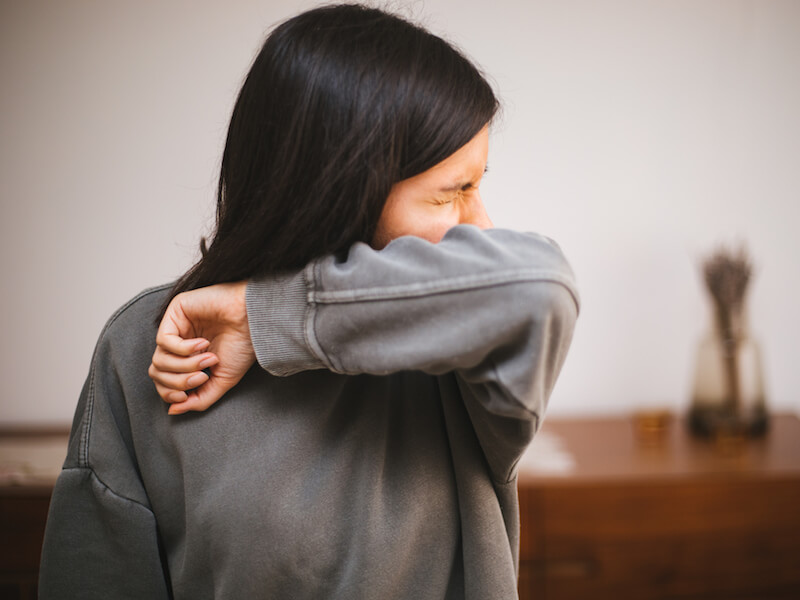
Winter is a season you wait for the rest of the year. The sneezing and coughing and runny nose caused by your hay fever were simply intolerable over the summer, and you’re hoping the colder (less pollen-filled) air will provide some relief.
Sadly, winter allergies are quite common.
That doesn’t mean summer allergies will always give way to winter allergies. But there are certain winter allergens that have a way of aggravating your immune system and causing reactions. In conjunction with seasonal illnesses, there are practical reasons not to underestimate your seasonal allergies.
Winter Allergies – What Are They?
Allergic reaction can be regarded as an immune system mis-calibration. In the summer and spring, your body thinks that pollen is a hazard to your health, so it fires up the immune response, and you sneeze as a result.
Winter allergens, which are different, will also cause this same effect. The most common winter allergies include:
- Dust: In the winter, dust can become a significant allergy problem. A lot more dust will accumulate with all the windows closed for the whole winter. It’s not so much the quality of the dust that causes your watery eyes and sneezing, it’s the quantity.
- Mold: Your body and spores don’t get along very well. And when the cold weather sets in, those spores become dominant. That’s because mold spores aren’t always killed by the winter frost. Additionally, mold spores tend to be smaller than pollen, so they can really get deep into your respiratory system when they cause a reaction (more sneezing and coughing will be the result).
- Pet Dander: In the winter, you’re indoors all day. Inside with your pets. Without open windows and lots of recirculated air, you’ll be breathing in much more pet dander than usual. Your allergies could very likely flare up with this density of allergens.
In a lot of ways, these allergens are somewhat unavoidable. It’s not as though you’re going to get rid of your pets because of winter allergens. But there are a few solutions for avoiding winter allergies.
What’s The Remedy For Winter Allergies?
Reducing winter allergies should be your priority for all who suffer from them. During the summer, that seems kind of easy: stay inside. But in the winter, staying inside is exactly the kind of thing that’s making your allergies worse.
So here are several things you can do:
- Use an air filter: Ensure the air filtration system in your HVAC venting is in working order. It’s a good plan to replace those filters before winter transitions into high gear. You can also get other stand-alone air purifiers.
- Make sure your pets have their own bed: Ideally, you’d want to keep your pets out of your room at night. But the very least you should do is make sure your pets have a bed of their own to sleep in. You just need to give your allergies some space to recover, and some breathing room.
Get Your Flu Shot
One of the most important preventative steps you can take is to shield yourself from compound symptoms. If your allergies are acting up and you catch the flu or pneumonia too, you could be looking at some pretty severe pulmonary problems.
Your best option, then, is to see to it that you get your flu shot each year. There are certainly some influenza strains that the vaccine doesn’t protect against. But it’s better to have some protection than none at all. And it will be critical to have this additional protection if you suffer from winter allergies. You don’t want allergies and the flu at the same time.
Choose The Best Allergy Response For Your Needs
Everyone’s allergies differ. December and January may cause the worst allergy symptoms for you. For other people, the harsh dry air of February might be the real cause of the problem. But there are specific steps that can give relief whatever your allergy scenario is.
Just because you have winter allergies doesn’t mean you need to suffer through the cold months sniffling and sneezing. If you want more specific relief from allergy symptoms, talk to your doctor about treatment options.